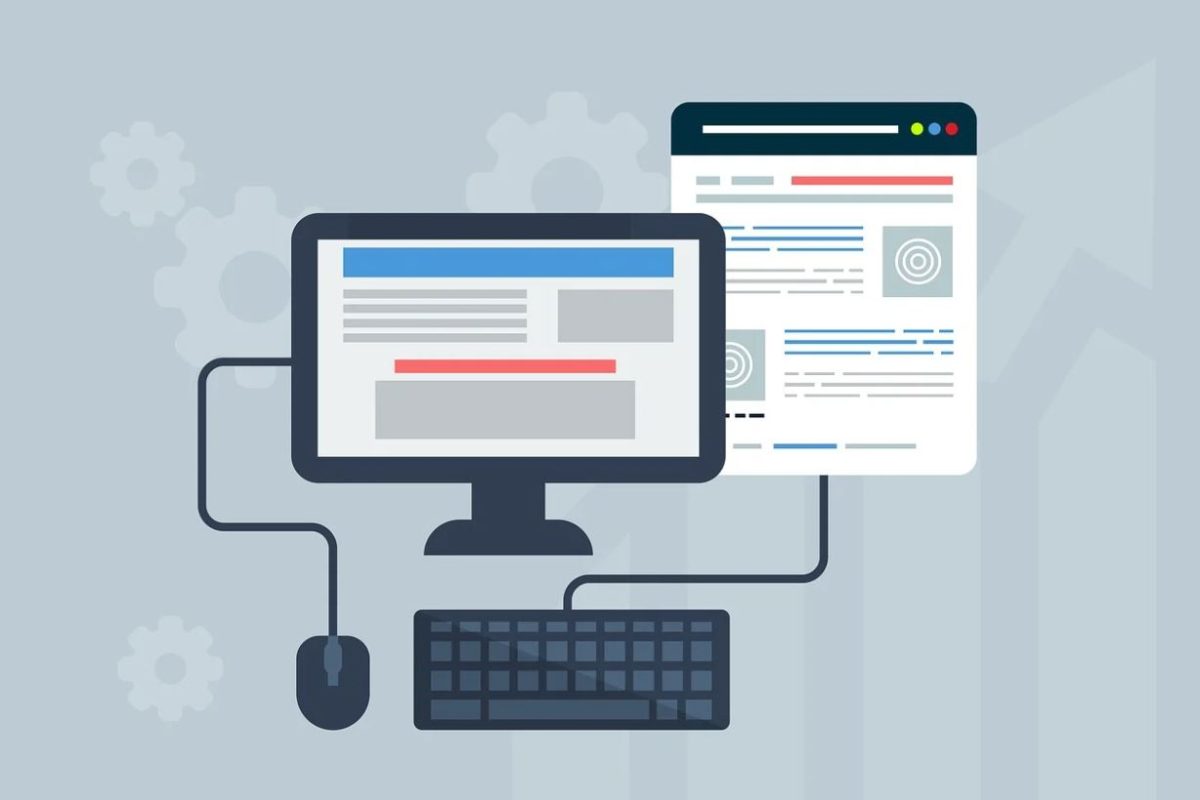Websites offer a first impression that acts as a 24/7 advert for your business and tends to be the first point of contact that many have with your company in this day in age. Despite this, many businesses often make a website and tend to forget about it for long periods without actively keeping it up to date. This can wane interest from potential customers, clients, or sales. Leaving your website dormant could cost you.
Instead, by updating your website regularly, you keep the brand fresh, which enforces credibility and trust, whilst also upholding key security measures and improving the UI to ensure a seamless user experience. Here are a few suggestions as to why it is a good idea to keep your website updated regularly.
Reflects Business Strategies
Businesses and brands are not stagnant or static things; they constantly evolve and grow. This means that to reflect this change, any good business will be updating its website to reflect this growing identity to its users and target audience.
Without an accurate reflection of changes to key elements like prices, new services, or business strategies on your website, you risk misleading customers or underselling the business to potential audiences. Your website should really be the first place that you provide these sorts of updates.
Outdated information can confuse customers, provide incorrect details, or erode credibility. For many industries, keeping a website up to date daily is crucial. Businesses that rely on real-time changes for custom, such as news outlets or online sports betting sites, constantly need to update their websites to ensure that they are offering the latest stories or best odds on given events. Any delay in these kinds of websites can result in inaccuracies that reflect in poor user experience, lost money, or legal implications.
Whilst some online betting sites are bypassing different regulations by offering players platforms with no KYC checks to speed up processes and improve anonymity for users, they still have to adhere to strict gambling regulations in terms of marketing, which require up-to-date website changes. Stock Exchange Market websites and Ride-Sharing apps similarly need to offer these regular updates to remain current and within regulations.
Betters Security
Websites that are consistently updated can learn of any malicious content or attacks quickly to avoid any hacks. They can also implement the latest software to ensure that they both remain safe themselves, but also implement the right technology for their users to protect them from any danger. Website updates allow the business to patch up vulnerabilities and improve the workings of security measures on websites. If left outdated, this can pose a risk for both the target audience and the business itself. With cyberattacks increasingly common, up 47% across the board from last year, this is an imperative factor when thinking about website updates.
Not only does updating your website functionally protect more, but it also builds brand trust, customer retention, and familiarity within the brand, which many target audiences seek in the current digital age.

Improves User Experience
Users expect seamless websites nowadays. In fact, up to 40% of users will abandon a website if it is not fully functional within 3 seconds. This expectation of seamlessness and fast experiences when browsing different websites means that businesses must deploy a website that is easy to navigate and functions well. An outdated or clunky website is likely to frustrate the target audience and force them elsewhere. By ensuring that your website is fully functional through regular updates and doing tests on user functionality and experience, you are more likely to increase the flow of traffic on your website and, by proxy, attract more customers to the business. This includes the use of mobile websites as well as desktop ones; with so much activity now done through smartphones, it would be wise not to ignore this section of the market.
Regular updates also allow you to customize your homepage and website landing pages to sync with the differing trends of users over time. Things that used to be expected 2 years ago have changed across almost all industries and markets. This means that you will want to incorporate these changes regularly to ensure you are providing as pleasant an experience for the user as possible.
Sets You Apart From Competitors
Markets in most industries these days are incredibly competitive. This means it can be hard to carve your own niche in these saturated arenas. Having a sluggish and lackluster website is not going to help with this. Instead, creating a place that appeals and is fresh is sure to provide a great platform to build on when competing. By not progressing with regular updates, you run the risk of falling behind competitors when you are battling against other companies that consistently change their websites.
Final Thoughts
Websites should never remain dormant and are certainly not static. They should be part of a business model that is constantly evolving to allow for new, fresh, and accurate data to be offered to the target audience. By updating your website, you reflect any internal strategic changes whilst also catering to security measures and offering better user experiences for the customer. This builds trust and reliability in your brand, paramount to setting yourself apart from competitors.






